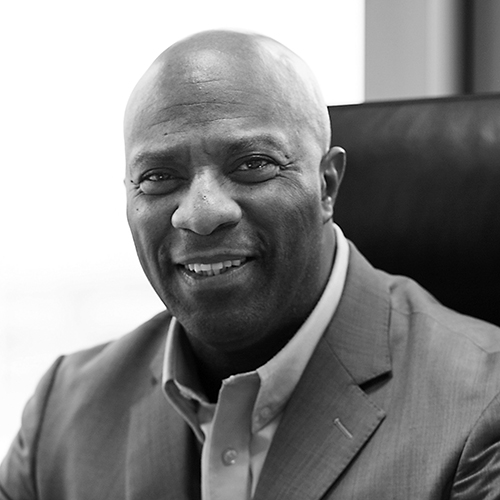“I can’t predict rain, but I can help build an ark,” says Anthony D. Foti, associate general counsel for Foot Locker, Inc., the New York-based specialty athletic retailer. Seemingly poetic, Foti is referring to the disruption confronting the retail space and the paradigm shift necessary to navigate the rocky waters.
E-commerce and advances in technologies, as well as consumer behaviors and preferences, are shifting faster than ever. For example, Foti points out that traditional practices, such as purchasing inventory several months in advance, can result in goods that are out of fashion shortly after they hit store shelves.

“Social media has transformed local events into global phenomena with live stream participation,” Foti says. “Now, a new sneaker often hits the runway and is trending before we can procure units to satisfy demand. Speed to market shapes the efficacy of a product launch.”
The principal disruptor, though, is the consumer, he says. “There has been a secular shift in consumer preference that favors shopping online, but we are channel agnostic, so we are prepared to engage our customers in our stores, on the web, or via their mobile devices,” Foti explains.
To keep pace, Foot Locker is working towards utilizing predictive intelligence and retail analytics to augment its understanding of consumer behavior. The insights the team gleans will allow it to recognize trends sooner and customize its marketing campaigns.
Despite the boon it provides to the business, however, leveraging data is fraught with new risks. For example, compliance with the General Data Protection Regulation (GDPR)—strict regulations for how personal data must be managed by companies doing business in or with the European Union—is paramount. “Data privacy and security are highly significant issues,” Foti says. “Even in our roles as strategic business advisors, lawyers still have to act as gatekeepers of the corporate conscience.”
Foot Locker’s legal and accounting departments collaborated to introduce innovation to equity compensation administration processes. One specific initiative leveraged both outsourcing and automation, and the company now uses an electronic stock plan administration tool to input and distribute grants and connect participants to a designated broker. The company’s proxy statement has also been transformed.
“We have always strived to position Foot Locker’s annual proxy statement—and all of our public reporting—at the forefront of disclosure trends,” Foti says. “But we have made sweeping changes in recent years to transform our proxy statements into more dynamic documents with color, graphics, and tables to streamline the disclosure and make the content more engaging. From a corporate governance perspective, we’re able to engage better with shareholders because the proxy statement itself is more engaging.” The company has even received accolades from directors of peer companies impressed with the work product, Foti adds.
It’s also Foti’s previous tenures that have positioned him well for not only the challenges of retail, but also moving in-house. Beginning his career in private practice—predominately at Fried, Frank, Harris, Shriver & Jacobson LLP in New York—he represented Fortune 500 issuers and bulge bracket underwriters in securities offerings. After several years, however, Foti sought a new challenge. Through acting as outside general counsel for several public companies while at a law firm, he discovered he wanted to be part of a team that was devising the strategy and making more long-term contributions.
“As outside counsel, I did the deal and then moved on to the next one for another client,” Foti says. “That was great work, and I enjoyed it. But as in-house counsel, I relish the opportunities to collaborate with professionals in varied disciplines across the organization on shared objectives. Now, I get to wear the jersey and be part of the team.”
“As in-house counsel, I relish the opportunities to collaborate with professionals in varied disciplines across the organization on shared objectives. Now, I get to wear the jersey and be part of the team.”
To underscore the strength of that collaboration, Foti was part of a team that launched a “lunch & learn” program, a series of events that seek to highlight legal requirements concerning various activities relevant to each department. The sessions also emphasize the valuable support that the legal team offers to the organization.
“The training we provide is helping us transform how the legal department is perceived institutionally. We’re not just here to serve a policing function,” Foti says. “We try to see around the corners and search for creative solutions that balance business exigencies against legal risks.”
Consequently, the legal department has been able to institute numerous improvements that help the company cope with the intrepid pace of the retail environment. Not only are lawyers brought in much earlier on projects, but the department is also developing a template library for perfunctory commercial transactions. A new document management system is also being implemented to track, administer, and store agreements and corporate governance documents.
Despite the inherent challenges of retail, Foti could not be happier about his move from BigLaw to corporate, as well as the people with whom he works. “The people at Foot Locker love the game and have a passion for sneaker culture,” he says. “No matter what challenges confront us, this is the team I want to be working with to face them.”
Photo: Courtesy of Foot Locker, Inc.

